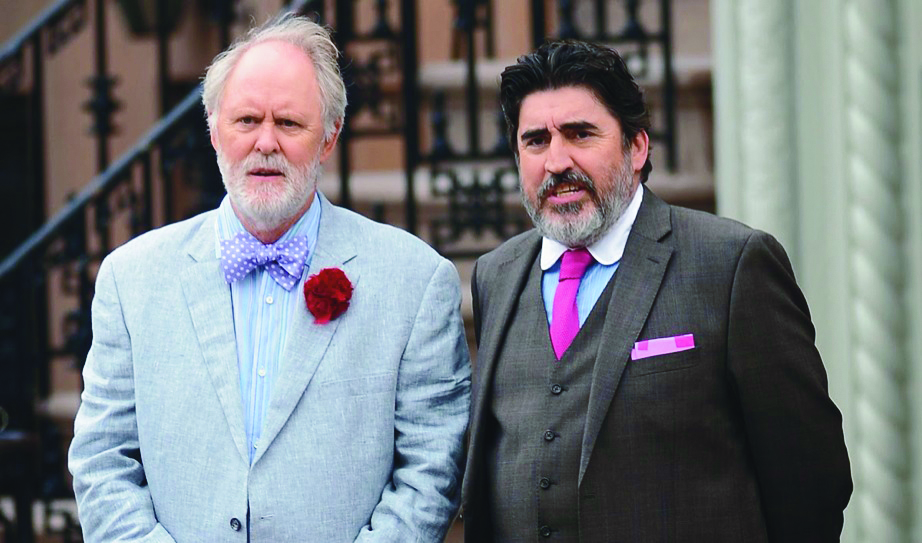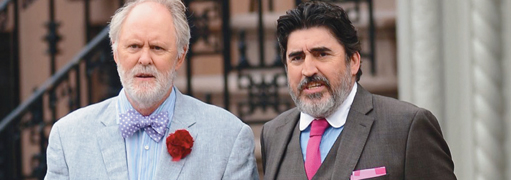Film Review: Love Is Strange
Older Couple Opts For Marriage, Ends Up Out On The Street In Quietly Emotional Love Story


Latest Article|September 3, 2020|Free
::Making Grown Men Cry Since 1992

